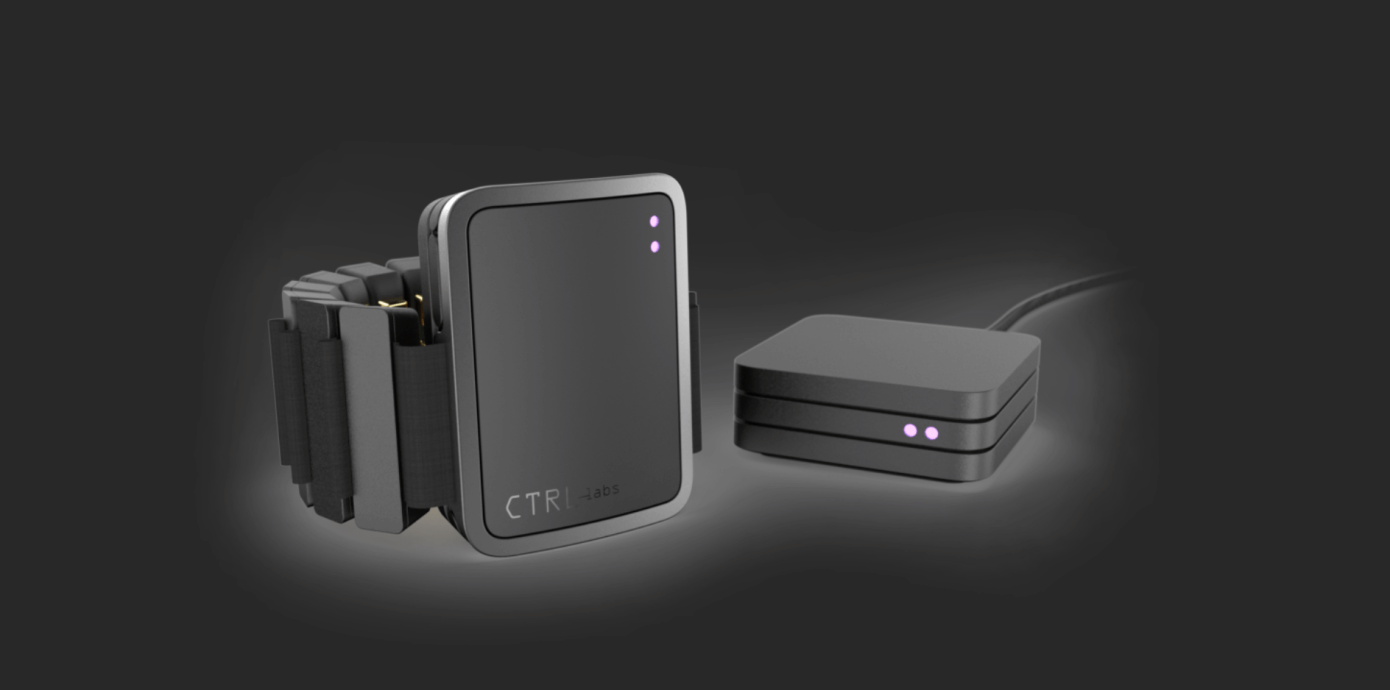What just happened? Facebook has made one the largest acquisitions in its history, paying between $500 million and $1 billion for neural interface startup CTRL-Labs. The company is best known for making a bracelet that can be used to control a computer via the wearer's thoughts.
The startup will join Facebook Reality Labs---the unit formerly known as Oculus Research---which is developing AR glasses. "Technology like this has the potential to open up new creative possibilities and reimagine 19th century inventions in a 21st century world," wrote Andrew "Boz" Bosworth, Facebook's Vice President of AR/VR. "This is how our interactions in VR and AR can one day look. It can change the way we connect."
CTRL-Labs' wristband detects electrical impulses from muscle fibers as they move, imitating the movements on a screen. The company says this now works with individual muscle cells, meaning users just have to think about moving their arm for the movements to be translated onto the screen.
"You have neurons in your spinal cord that send electrical signals to your hand muscles telling them to move in specific ways such as to click a mouse or press a button. The wristband will decode those signals and translate them into a digital signal your device can understand, empowering you with control over your digital life. It captures your intention so you can share a photo with a friend using an imperceptible movement or just by, well, intending to," wrote Bosworth.
The move is Facebook's biggest acquisition since it acquired Oculus VR back in 2014.
Facebook has a long history of embracing brain-computer interfaces. At the 2017 F8 conference, the company revealed it was working on a technology that would read a person's brainwaves and allow them to compose messages and emails just by thinking about the words. It recently gave an update on the project, admitting that it was still "bulky, slow, and unreliable."
